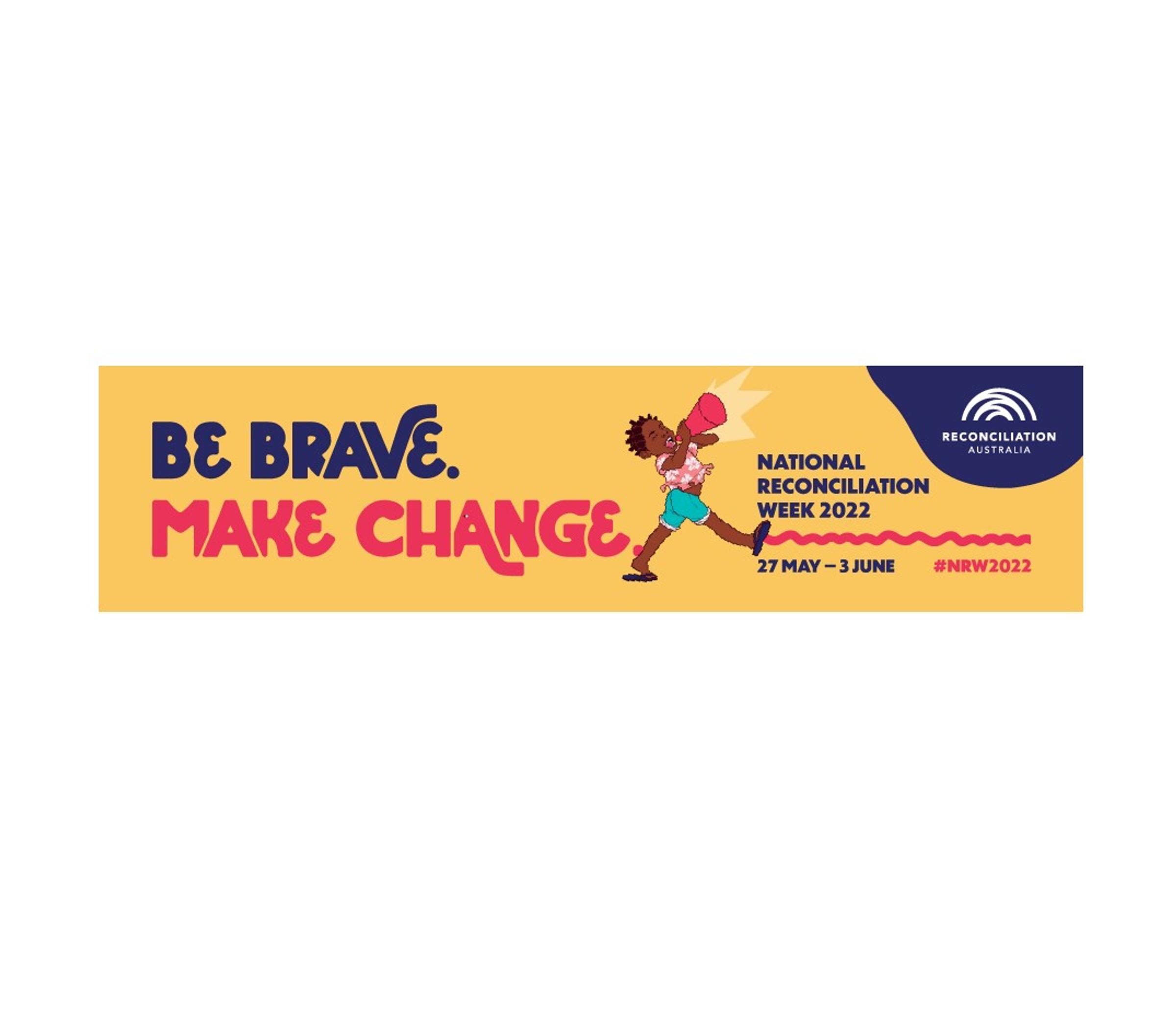Indigenous RAP

National Reconciliation Week
May 27th – June 3rd
Tomorrow we will begin our NRW exploration. To begin with we’ll look at the 1967 Australian referendum, which marks the first day of National Reconciliation Week.
Click below for an interesting video outlining the journey of the referendum.
Next week we’ll be exploring what reconciliation actually means, how it works and what we can do to be good allies in this journey.
Friday week, the 3rd of June, is the last day of Reconciliation Week. We’ll be looking at the Mabo decision and what it meant for Indigenous land rights throughout Australia.
Click below for a video about this.
All in all, it’s going to be an interesting week. Below is a brief(ish) explanation of what NRW is about.
Our goal is to all walk away from this week with a greater understanding of these significant events in our shared history.
WHAT IS NATIONAL RECONCILIATION WEEK
National Reconciliation Week (NRW) is a time for all Australians to learn about our shared histories, cultures, and achievements, and to explore how each of us can contribute to achieving reconciliation in Australia.
The dates for NRW are the same each year; 27 May to 3 June.
These dates commemorate two significant milestones in the reconciliation journey— the successful 1967 referendum, and the High Court Mabo decision respectively.
27 May 1967 On this day, Australia’s most successful referendum saw more than 90 per cent of Australians vote to give the Australian Government power to make laws for Aboriginal and Torres Strait Islander people and recognise them in the Census.
3 June 1992 On this day, the Australian High Court delivered the Mabo decision, the culmination of Eddie Koiki Mabo’s challenge to the legal fiction of ‘terra nullius’ (land belonging to no one) and leading to the legal recognition of Aboriginal and Torres Strait Islander peoples as the Traditional Owners and Custodians of lands. This decision paved the way for Native Title.
Reconciliation must live in the hearts, minds and actions of all Australians as we move forward, creating a nation strengthened by respectful relationships between the wider Australian community, and Aboriginal and Torres Strait Islander peoples.
A BRIEF HISTORY
National Reconciliation Week (NRW) started as the Week of Prayer for Reconciliation in 1993 (the International Year of the World’s Indigenous Peoples) and was supported by Australia’s major faith communities.
In 1996, the Council for Aboriginal Reconciliation launched Australia’s first National Reconciliation Week.
In 2001, Reconciliation Australia was established to continue to provide national leadership on reconciliation.
In the same year, approximately 300,000 people walked across Sydney Harbour Bridge as part of National Reconciliation Week-and subsequently across bridges in cities and towns-to show their support for reconciliation.
Check out our factsheet on National Reconciliation Week.
Today, National Reconciliation Week is celebrated in workplaces, schools and early learning services, community organisations and groups, and by individuals Australia-wide.
Hundreds of NRW events are held each year.
Kim, on behalf of the RAP committee

